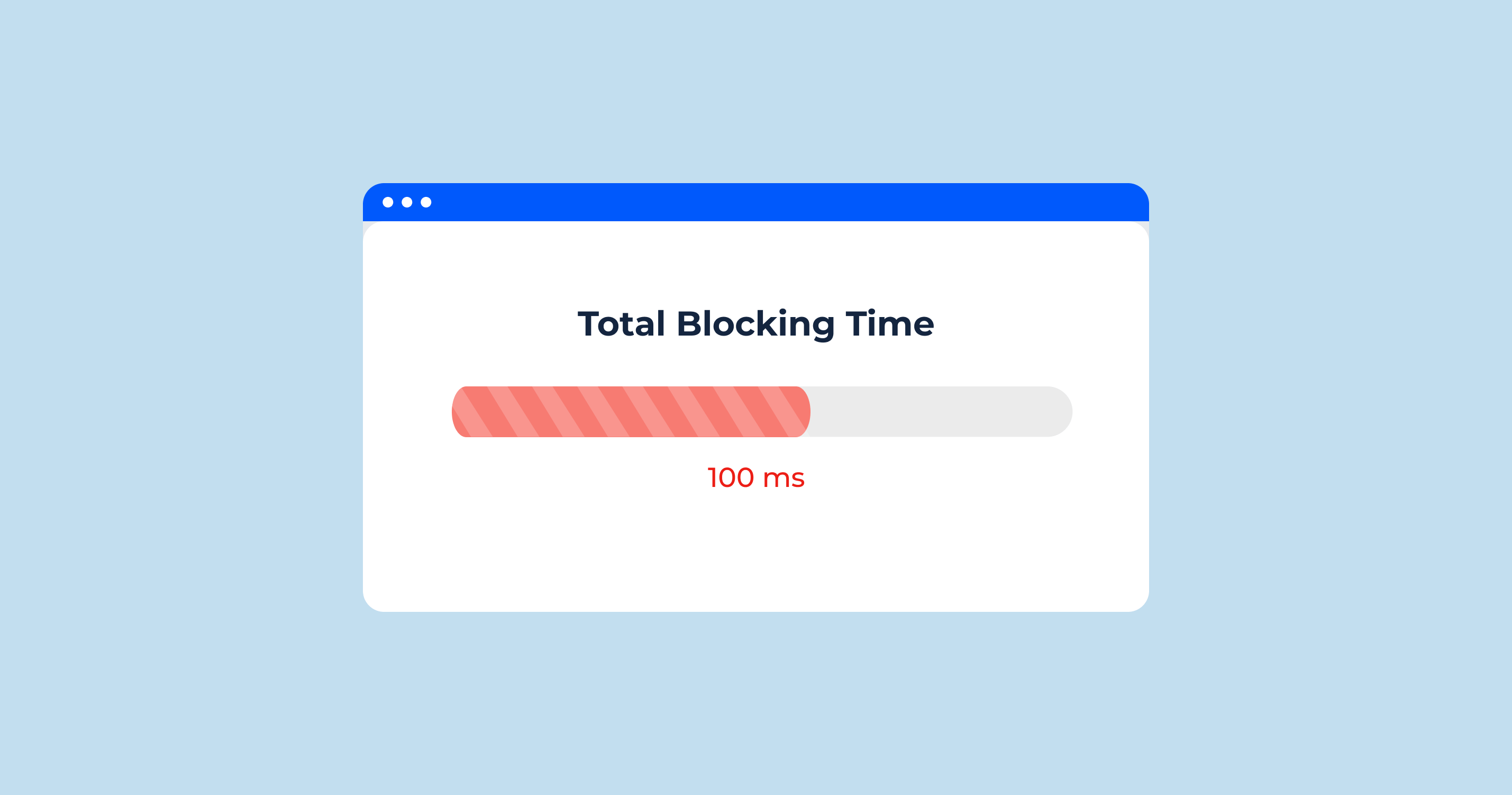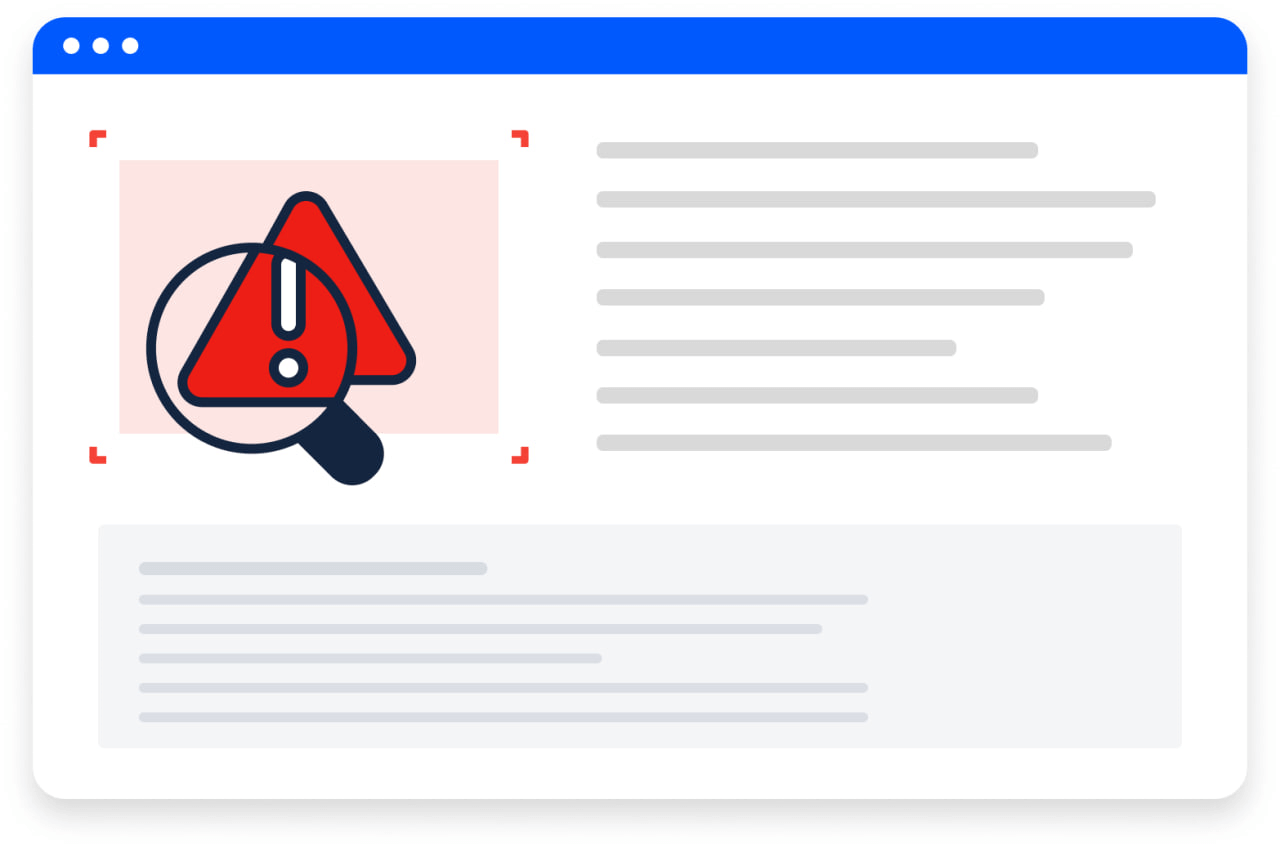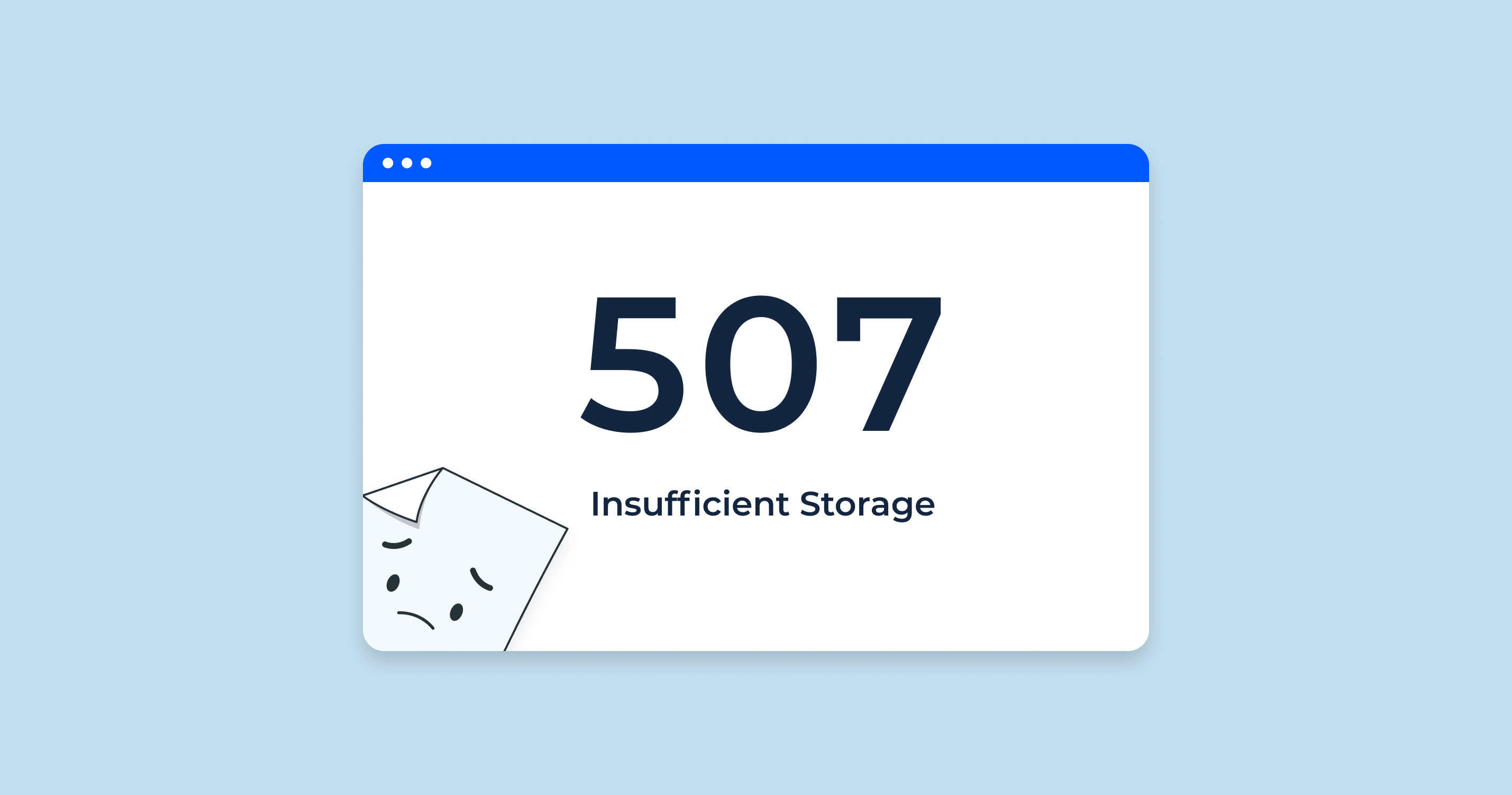What Does Keyword Tracking Mean?
Keyword tracking, often referred to as keyword ranking or search ranking monitoring, is the process of observing and recording the positions of specific terms or phrases on search engines over time. This practice of keyword research is fundamental in the world of search engine optimization (SEO) and digital marketing. At its core, keyword tracking offers insights into the performance of SEO strategies and initiatives.
Why Keyword Tracking is Important
| Visibility in Search Engines | Keyword tracking allows businesses and marketers to understand how visible their content is in search engines for specific search queries. If a keyword related to your product or service is ranking well, it increases the chances that potential customers will find and visit your site. |
| ROI Measurement | By tracking keywords, organizations can gauge the effectiveness of their SEO investments. If you’re spending resources (time, money, and effort) optimizing for specific keywords, tracking allows you to see if those efforts are yielding desired results. |
| Competitive Analysis | Monitoring keyword rankings also provides a window into the competition. By knowing where competitors rank for certain keywords, businesses can adjust their strategies to compete more effectively. |
| Content Strategy Insights | Keyword tracking can inform content creation. If certain content pieces are ranking well for specific keywords, it signals a need or interest from the audience in that topic area. This can guide further content initiatives. |
Keyword tracking tools monitor search engine results pages (SERPs) for specific phrases to see where a website ranks. These tools will typically allow users to track rankings over days, weeks, months, or even years. Many modern tracking tools also offer insights into keyword performance based on device type (desktop vs. mobile), location, and even specific search engine variations.
Why Should We Track Keywords?
Tracking keywords is a fundamental practice in the digital marketing and SEO realms. It provides essential insights into how well a website or web page is performing in search engine results. But beyond this basic understanding, there are several compelling reasons why businesses, marketers, and content creators should invest time and resources into keyword tracking:
1. Understanding SEO Performance
By tracking the rankings of specific keywords, businesses can measure the effectiveness of their SEO strategies. If a keyword is climbing the rankings, it’s an indicator that your optimization efforts are paying off. Conversely, if a keyword drops, it might be time to revisit your strategy for that term.
2. Monitoring Competition
Keyword tracking isn’t just about monitoring your website’s performance. It’s also about understanding where your competitors stand. If a competitor suddenly outranks you for a critical keyword, they might be employing new tactics or strategies that you need to be aware of. Keeping an eye on the competition can help inform and adjust your SEO game plan.
3. Optimizing ROI
Businesses invest significant resources into SEO, from content creation to technical optimization. By tracking keyword performance, companies can better allocate their resources, focusing on what’s working and identifying areas that need more attention.
4. Uncovering Market Trends
Search queries can evolve based on current events, seasons, or emerging trends. Keyword tracking can help businesses stay ahead of the curve, adapting their content and strategies to align with these shifts in search behavior.
5. Guiding Content Development
When you track keywords, you gain insight into what your target audience is looking for. High-performing keywords can serve as a guide, suggesting topics or themes that resonate with your audience. This can inform future content creation, ensuring your content remains relevant and valuable.
6. Personalization and Localization
With advanced keyword tracking tools, businesses can monitor keyword performance based on specific regions or demographics. This granular data can be invaluable for companies operating in multiple locations or targeting diverse audiences, allowing them to tailor content and strategies to different segments.
7. Building Credibility and Authority
Ranking well for specific keywords, especially those in your industry or niche, establishes your website as a credible and authoritative source. Tracking these keywords ensures you maintain or improve this status, enhancing trust with your audience.
Keyword tracking is not a one-off task; it’s a continuous process that offers real-time insights into a website’s online visibility. The data obtained from this tracking tool is a treasure trove of information, guiding decision-making processes and ensuring that businesses remain competitive in an ever-evolving digital landscape.
Rank Checking and Visibility
Rank checking and visibility are essential components of any SEO strategy. They provide insights into how well a website is performing in search engine results for specific keywords or phrases. However, there are different methods and metrics to consider when assessing keyword performance. Here’s a deeper look into traditional keyword ranking, local rank tracking, and rank indexes.
Traditional Keyword Ranking
Traditional keyword ranking refers to the practice of monitoring where a website appears in search engine results pages (SERPs) for specific keywords or phrases. It’s the most fundamental method of understanding a site’s SEO performance.
Key Aspects:
- Position: The primary metric in traditional ranking is the position. This denotes the rank of your webpage on the SERPs. A #1 ranking means your webpage appears first for that specific keyword.
- Fluctuations: It’s natural for rankings to fluctuate. Search engine algorithms are continually updated, and competitors optimize their sites. Regularly monitoring these fluctuations can inform adjustments in strategy.
- Visibility Score: This metric provides a cumulative understanding of your keyword rankings. For instance, if you rank first for a high-volume keyword and 20th for a low-volume keyword, your overall visibility score will still be relatively high.
Local Rank Tracking
Local rank tracking is all about understanding how a website performs in SERPs for local search queries. With the rise of “near me” searches and Google’s emphasis on local results, this has become increasingly important.
Key Aspects:
- Geo-specific Results: Local rank tracking monitors rankings based on specific geographic locations. A business might rank differently in New York City than in Los Angeles for the same keyword.
- Google My Business: An optimized Google My Business listing plays a pivotal role in local rankings. Monitoring rankings for local queries can provide insights into the effectiveness of your GMB listing.
- Reviews and Ratings: For local searches, reviews and ratings can influence rankings. Tracking can help businesses understand the correlation between their online reputation and local search performance.
Rank Indexes
Rank indexes are a more advanced metric that offers a holistic view of a website’s performance across a broad set of keywords. Instead of tracking individual keywords, rank indexes aggregate performance across many terms.
Key Aspects:
- Comprehensive Overview: Rank indexes provide a snapshot of overall keyword performance, making it easier to gauge general SEO health.
- Competitive Analysis: By comparing rank indexes with competitors, businesses can get a better understanding of their market position.
- Efficiency: Instead of tracking hundreds or thousands of individual keywords, rank indexes allow SEOs to monitor performance with a single metric, streamlining analysis and reporting.
In conclusion, while traditional keyword ranking offers granular insights into specific keyword performance, local rank tracking track keyword rankings, and rank indexes provide broader perspectives on visibility in localized settings and across extensive keyword sets, respectively. Understanding and utilizing all three can give a comprehensive view of a website’s search engine visibility.
What Metrics Matter?
1. Simple Keyword List Tracking
Simple Keyword List Tracking is the most straightforward method used by SEO professionals and marketers to monitor the performance of a specific set of keywords. This approach involves creating a list of target keywords and regularly checking their positions on search engine results pages (SERPs). It’s the starting point for many businesses, especially those just venturing into the world of SEO.
Key Features of Simple Keyword List Tracking:
- Targeted Focus: This method emphasizes tracking a curated list of keywords, allowing businesses to focus on terms that are crucial to their niche or industry.
- Easy to Start: As the name suggests, starting with simple keyword list tracking is relatively easy. All that’s needed is a list of relevant keywords, and there are numerous tools available that can monitor their rankings.
- Snapshot View: Simple keyword list tracking provides a snapshot of how specific keywords are performing. Over time, this can offer insights into the effectiveness of SEO strategies, content relevance, and more.
- Customizable: Based on business goals, the list can be refined and updated. New products or services, for instance, might require the addition of new keywords to the list.
Multi-Location Tracking
Multi-location keyword position tracking is a subset of simple keyword list tracking but with a geographic twist. For businesses that operate in multiple locations or those who target audiences in different areas, it’s essential to understand how keywords rank in each specific location.
Key Features of Multi-Location Tracking:
| Geo-Specific Insights | Multi-location tracking provides insights into how keywords perform in different regions or cities. A keyword might rank well in one location but not in another due to regional competition or search behavior variations. |
| Optimizing Local SEO | By understanding rankings in specific locations, businesses can optimize their local SEO strategies. This includes refining local content, improving Google My Business listings, or building local backlinks. |
| Tailored Marketing Campaigns | With insights from multi-location tracking, marketing campaigns can be tailored to resonate with local audiences. For instance, a promotional campaign might be launched in a city where a specific product keyword ranks well. |
| Competitive Landscape | Different regions might have different competitors. Multi-location tracking can unveil local competitors that might not be on the radar when analyzing broader, national keyword rankings. |
In essence, while simple keyword list tracking offers a direct and focused approach to monitoring essential search terms, integrating multi-location tracking can provide valuable insights for businesses with a geographic spread or those targeting diverse locations.
2. Category Split Keyword Tracking
Visibility Gets Cloudy
As businesses delve deeper into the world of SEO and digital marketing, they often find that tracking a simple list of keywords might not be enough to capture the full picture of their online visibility. Several factors can obscure the clarity of keyword performance.
Reasons for Cloudy Visibility:
- Volume of Keywords: With an expanding list of target keywords, it can become overwhelming to monitor each one’s individual performance.
- Search Algorithm Updates: Search engines like Google continually update their algorithms. These changes can suddenly impact keyword rankings, making it hard to differentiate between a natural fluctuation and an algorithm-induced shift.
- Competitive Landscape: New competitors can emerge, or existing ones can ramp up their SEO efforts, causing unexpected changes in keyword rankings.
- Search Intent Evolution: The way people search and the type of content they seek can evolve, affecting keyword performance.
- SERP Features: Features like featured snippets, local packs, or knowledge graphs can dominate the first page of search results, pushing organic listings down and impacting visibility.
How Do We Fix Our Keyword Reporting with Categories?
Categorizing keywords can be the solution to the challenges posed by a vast and diverse keyword list. By segmenting keywords into relevant categories, businesses can gain clearer insights and make more informed decisions.
Steps to Refine Keyword Reporting with Categories:
- Define Clear Categories: Start by defining clear categories that are relevant to your business. This could be based on product lines, services, customer segments, or any other relevant factor.
- Segment Keywords: Allocate each keyword in your list to a defined category. For example, if you run an online electronics store, keywords like “wireless earbuds” and “Bluetooth headphones” might fall under the “Audio” category.
- Monitor Category Performance: Instead of tracking individual keyword rankings, monitor the overall performance of each category. This gives a broader view and helps identify which segments of your business are gaining visibility and which are lagging.
- Adjust Strategies Accordingly: With categorized insights, you can allocate resources more efficiently. If a particular category is underperforming, you might decide to create more content or launch specific marketing campaigns around it.
- Review and Refine: The digital landscape is dynamic. Regularly review your keyword categories to ensure they still align with your business objectives and the evolving search landscape.
In conclusion, while individual keyword tracking offers granular insights, categorizing keywords provides a macro perspective, simplifying reporting and aiding in strategic decision-making. By segmenting keywords and focusing on category performance, businesses can navigate the complexities of the digital realm with greater clarity and purpose.
3. Keyword Funnel Tracking
Keyword Funnel Tracking is an advanced approach to keyword monitoring that aligns keyword performance with different stages of the customer journey. Instead of merely assessing the rank of a target keyword, it’s about understanding how keywords contribute to moving potential customers through the funnel – from awareness to consideration, and finally to the decision stage.
Why Track Keywords in a Funnel
- Customer Journey Insights: Keyword funnel tracking provides insights into where potential customers are in their buying journey. This allows businesses to tailor content and strategies accordingly.
- Improved ROI: By focusing on keywords that convert and understanding their position in the funnel, businesses can allocate resources more effectively, ensuring a better return on investment.
- Better Content Alignment: Not all content serves the same purpose. By tracking keywords in a funnel, businesses can ensure that their content aligns with the specific needs and questions of their audience at different stages.
- Reduced Churn: Understanding and addressing potential bottlenecks or drop-off points in the funnel can lead to reduced churn rates and higher conversion.
- Enhanced User Experience: When you know the intent behind a search query and where it fits in the funnel, you can provide more relevant and timely information, enhancing the user experience.
How Do We Set Up the Funnel?
- Define Funnel Stages: Start by defining the various stages of your customer journey. A basic funnel might include Awareness, Consideration, and Decision stages, but depending on your business, you might have more.
- Segment Keywords by Intent: Allocate keywords to specific funnel stages based on search intent. For instance, informational queries like “What is SEO?” might fall under the Awareness stage, while transactional queries like “Buy SEO services” are more suited for the Decision stage.
- Track & Analyze Performance: Monitor how keywords perform within each funnel stage. Look at metrics like click-through rates, bounce rates, and conversions to assess the effectiveness of keywords at driving users to the next stage.
- Optimize Content: Based on keyword performance within the funnel, refine your content. For keywords in the Awareness stage, you might focus on informational content like blog posts. For the Decision stage, detailed product pages or testimonials might be more relevant.
- Refine the Funnel: As you gather more data, continue to refine your funnel. Some keywords might move between stages, or you might discover new keywords that fit into specific parts of the funnel.
- Integrate with Other Marketing Efforts: Ensure that your keyword funnel tracking aligns with other marketing strategies. For instance, PPC campaigns can be tailored to target keywords at specific funnel stages, ensuring a cohesive marketing approach.
In conclusion, Keyword Funnel Tracking provides a more nuanced view of keyword performance, aligning SEO efforts with the broader goals of customer acquisition and conversion. By understanding the role of keywords within the customer journey, businesses can create more targeted strategies, optimize resources, and drive better outcomes.
Monitor Your Site’s Ranking with Keyword Rank Tracker
The Keyword Rank Tracker tool by SiteChecker is an invaluable resource for anyone looking to closely monitor and enhance their website’s search engine performance. It provides real-time tracking of keyword positions across different search engines, including region-specific results. This tool is essential for SEO professionals and website owners who need to stay updated on how their keywords are performing, allowing them to react swiftly to changes in search rankings and adjust their strategies accordingly.
Beyond basic rank tracking, this tool offers insightful analytics such as historical keyword performance data, enabling users to see trends and patterns over time. Additionally, it provides competitor analysis, giving an edge by understanding how rivals rank for the same keywords. This comprehensive insight into keyword performance helps in fine-tuning SEO efforts, ensuring that strategies are data-driven and results-oriented. With its user-friendly interface and detailed reporting, the Keyword Rank Tracker is a must-have tool for anyone serious about dominating search engine results pages.
Monitor Your Keywords Now!
Make data-driven decisions for SEO success with Keyword Rank Tracker.
Conclusion
Keyword Funnel Tracking offers a pivotal shift from traditional keyword monitoring, emphasizing the role of search queries in the intricate journey of a customer. By aligning keywords with specific stages of this journey, businesses can unveil deeper insights, enabling them to cater to the dynamic needs and questions of their audience more effectively. As the digital landscape evolves, such nuanced approaches to SEO not only enhance user experience but also optimize resource allocation, ensuring that businesses remain agile and impactful in their digital endeavors.




